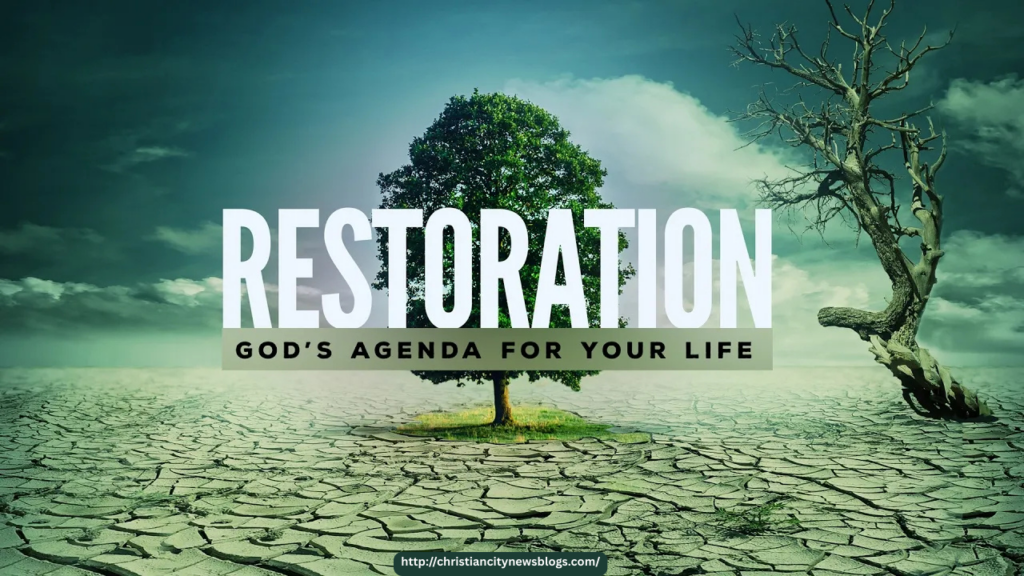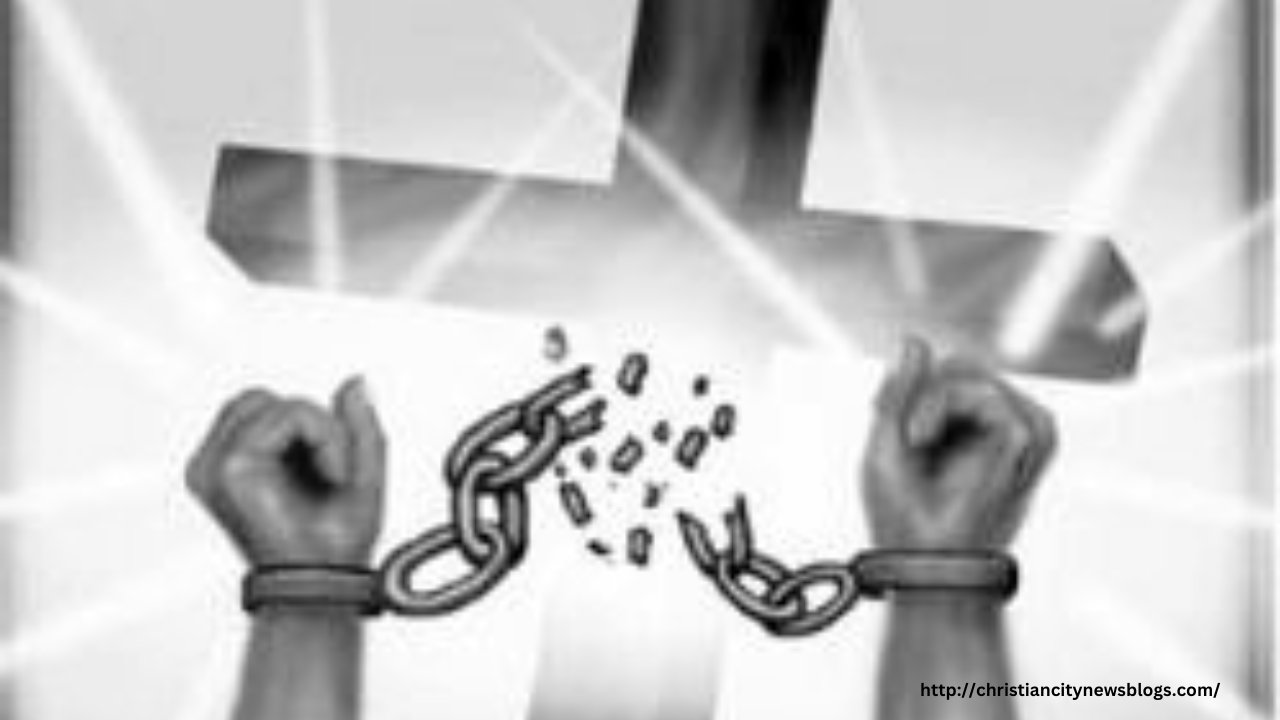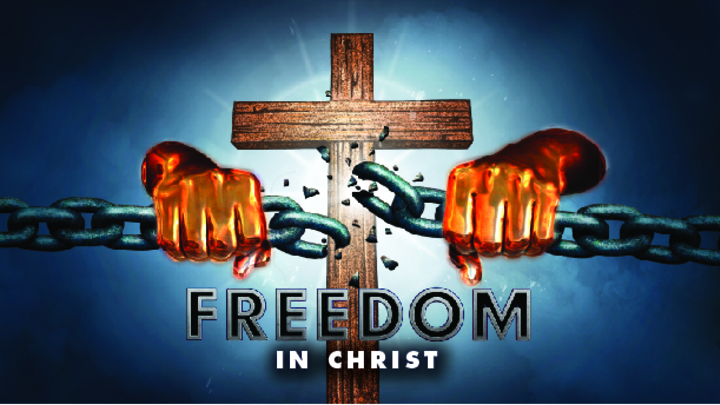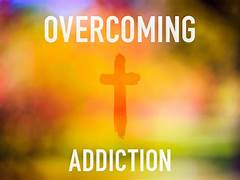Overcoming Addiction Through the Unconditional Love of Christ

Addiction is a relentless battle that many fight daily. It can strip away identity, destroy relationships, and leave a person feeling unworthy, ashamed, and hopeless. But in the midst of this darkness, there is a light that never fades—the unconditional love of Jesus Christ. His love offers not only hope but true and lasting freedom.
The Lies of Addiction
Addiction is fueled by lies—“You’ll never change,” “You’re too far gone,” “No one could love someone like you.” These lies entrap individuals in a cycle of guilt and self-destruction. The world may offer temporary solutions, but without addressing the deep spiritual wounds, true healing remains out of reach.
The enemy uses addiction to separate people from the truth of who they are in God’s eyes. John 10:10 warns, “The thief comes only to steal and kill and destroy,” and addiction is one of his most effective weapons. Yet the verse doesn’t end there. Jesus continues, “I have come that they may have life, and have it to the full.”
Christ’s Love: A Love Without Conditions
The unconditional love of Christ is radically different from the world’s love. It is not based on performance, appearance, or success. Romans 5:8 reminds us, “But God demonstrates His own love for us in this: While we were still sinners, Christ died for us.” This means that even in the midst of our worst moments, Jesus loves us fully and completely.
His love offers forgiveness, not judgment. It replaces shame with grace and hopelessness with purpose. For those caught in addiction, this love is not just comforting—it is life-changing. When someone encounters the love of Christ, they are no longer defined by their addiction but by their identity as a beloved child of God.
The Journey of Freedom
Overcoming addiction is not instant; it is a journey that requires surrender, trust, and perseverance. Jesus invites all who are weary and burdened to come to Him (Matthew 11:28). This invitation is open to everyone, no matter how broken they feel.
Through prayer, repentance, and daily reliance on Christ, addicts can find the strength to break free. The power of the Holy Spirit enables them to resist temptation and begin a new life. Galatians 5:1 declares, “It is for freedom that Christ has set us free. Stand firm, then, and do not let yourselves be burdened again by a yoke of slavery.”
Support from a faith-filled community, time in God’s Word, and consistent spiritual practices help sustain recovery. Jesus walks with each person every step of the way, offering grace in failure and encouragement in progress.
A New Identity in Christ
Christ’s love doesn’t just break chains—it builds a new life. 2 Corinthians 5:17 says, “If anyone is in Christ, the new creation has come: The old has gone, the new is here!” Recovery is not just about leaving addiction behind but stepping into the new identity and purpose found in Christ.
No matter how long addiction has held someone captive, it is no match for the unconditional love of Jesus. In Him, there is forgiveness, healing, and the power to overcome. Through His love, anyone can find freedom and begin a brand-new life.








